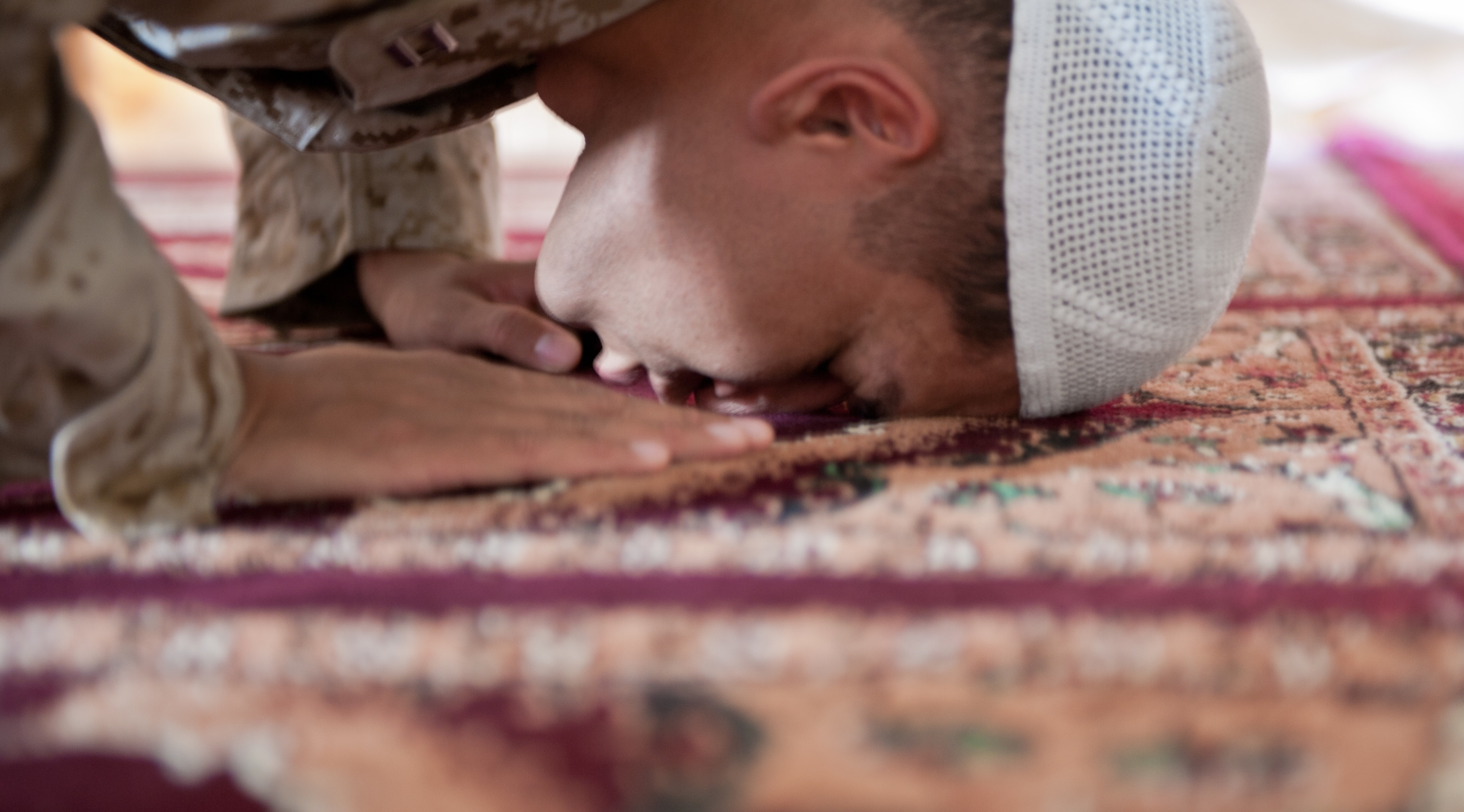
Stephen Tsang & Paul Yip
Stephen Tsang and Paul Yip warn against succumbing to the easy answers informed by a simplistic understanding of Muslim thinking, in the wake of deadly terrorist violence
In the wake of the Paris atrocities and the imminent threat of more attacks, we are surrounded by a growing number of talking heads and cleverly worded posts and hashtags on social media telling us what to do and how to think: “Pray for Paris”, “Don’t pray for Paris”, “Islam is for peace”, “Islam is sharia”, “Islam is IS”. In such an environment, we find ourselves wanting to do something. However, it is important to make an informed choice. Having a too simplistic view of such a complicated conflict is inane. We need an educated viewpoint; we need to see past all the emotion-laden pictures.
One report that can lead us in the right direction is the 2013 Pew Research Centre survey, “The World’s Muslims: Religion, Politics and Society”. This global poll of Muslims is part of a larger effort, the Pew-Templeton Global Religious Futures project, which analyses religious change and its impact on societies. The survey of Muslim views was conducted between 2008 and 2012 in 39 countries and territories on three continents: Africa, Asia and Europe. It involved more than 38,000 face-to-face interviews, covering every country that has more than 10 million Muslims except for a handful (including China, India, Saudi Arabia and Syria) where political sensitivities or security concerns prevented research among Muslims. Even with these notable exclusions, it represents approximately 67 per cent of the world’s 1.6 billion Muslims.
Here are some of the key findings:
- Attitudes towards Islamic law (sharia) vary significantly by region. Support for making sharia the law of the land is highest in South Asia.
- In South Asia, the Middle East and North Africa, medians of more than half back both severe criminal punishment and the death penalty for Muslims who renounce their faith.
- Muslims generally agree that certain behaviour – such as suicide, homosexuality and consuming alcohol – are morally unacceptable. However, they are less unified on the morality of divorce, birth control and polygamy.
- A majority of Muslims say “honour” killings are never justified. Only in Afghanistan and Iraq do a majority condone extrajudicial executions of women who engage in premarital sex or adultery.
- In most parts of the world, Muslims say a woman should be able to decide whether to wear a veil. Yet, when it comes to private life, most Muslims say a wife should always obey her husband.
- Muslims around the world strongly reject violence in the name of Islam. Asked specifically about suicide bombing, a clear majority in most countries say such acts are rarely or never justified as a means of defending Islam from its enemies.
- In a majority of countries, at least half of Muslims say they are somewhat or very concerned about religious extremism. And on balance, more Muslims are concerned about Islamic than Christian extremist groups.
- Most Muslims around the world express support for democracy, and most say it is a good thing when others are free to practise their religion. At the same time, many Muslims want religious leaders to have at least some influence in political matters.
Even though such issues may be removed from our usual daily lives, make no mistake, the conflict will affect us in Hong Kong – whether just in terms of delays created by an increase in airport security, or an unlikely actual event. Therefore, it is vital that we form an educated opinion rather than just accepting what we have been spoon-fed on the next viral video.
Sometimes we form perceptions of Muslims based on selective and biased portrayals of events by the news and social media. If we are not careful, such myths lead us into taking the wrong course of action. As a result, more chaos follows.
It’s time that we sought to understand and appreciate others. The world community should celebrate and embrace diversity. The best way to do this is by becoming more educated and knowledgeable, to build a safer world for us and generations to come.
Stephen Tsang is a humanist and Paul Yip is a professor of Social Work and Social Administration at the University of Hong Kong.
This article was published on SCMP on Monday, 30 November, 2015. Please click here to find out more.
